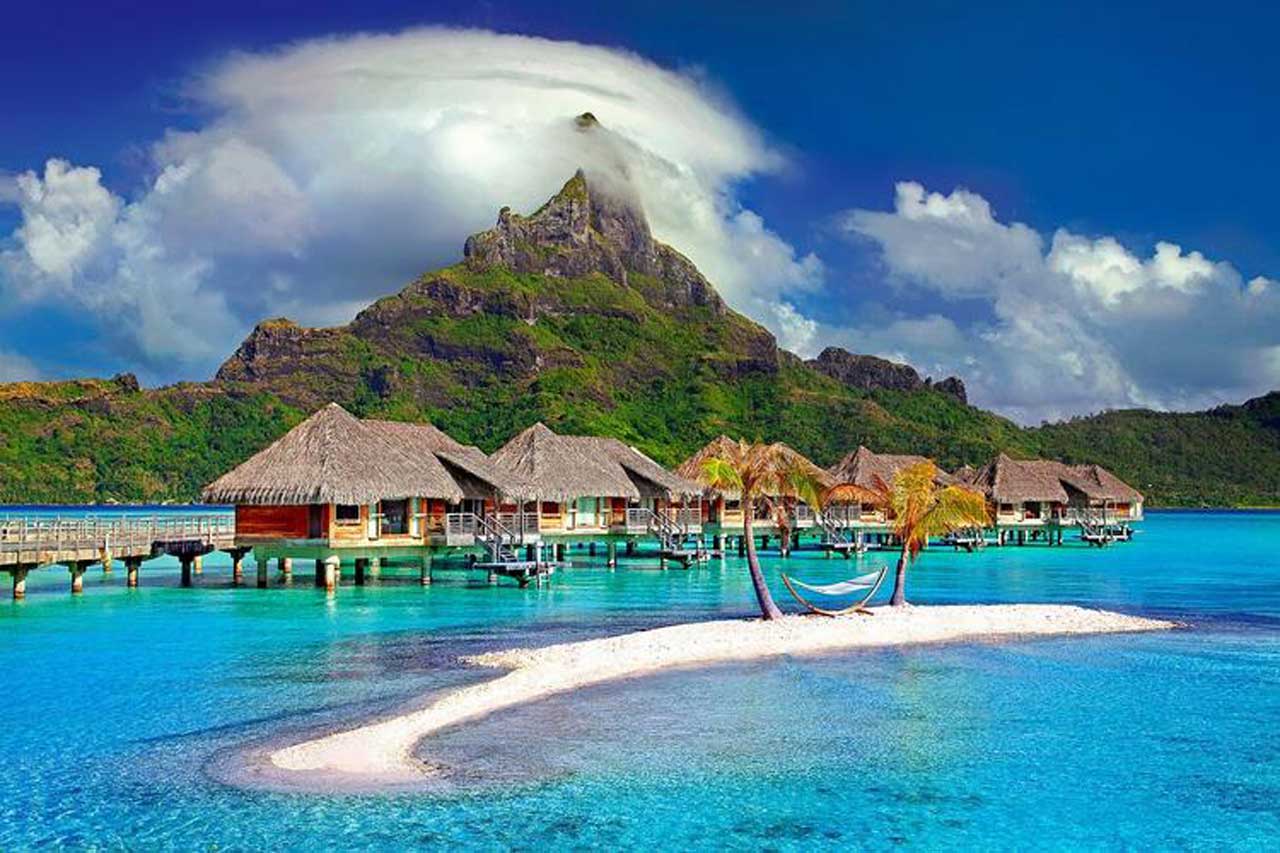The fabulous islands of French Polynesia will become less accessible after the region’s authorities officially announce new rules for the entry of foreign tourists.
As part of the five-year strategic mission Fari’ira’a Manihini 2027 (FM27), the government of French Polynesia intends to set an annual limit on entry, equalizing tourists and locals. The result should be a “balance”, in which there is no more than one visitor per local. This is about 280,000 per year.
The South Pacific includes popular destinations such as Bora Bora, Mo’Orea, and Tahiti. The country’s capital, Papeete, is located in Tahiti.
It remains unclear whether the new visitor limit will apply to French citizens.
French Polynesia is a territory of France, and therefore anyone with a French passport, including those living in Guadeloupe, Guyana, etc., is not considered a foreigner by law.
FM27 recognizes that tourism is an important source of employment and income for residents. However, the restriction of attendance and other changes will lead to an outflow of international tourists.
Through this plan, the government seeks to “diversify the geography of guests, make it possible to maintain economic growth without compromising the environment and the quality of life of the population.” At the same time, the authorities want to encourage travelers from different parts of the world.
Experts note the strangeness of the restriction on the number of entrants because excessive tourism on the islands is not a problem.
French Polynesia received about 300,000 foreigners in 2019, the highest ever, according to the World Bank. The announced plan of 280,000 is not much higher than this maximum. Surely other similar models around the world influenced the decision of the authorities.
The Central Asian kingdom of Bhutan is often cited as an example of what can happen when the government carefully and thoughtfully controls tourism. The country currently has a $200 per person “tourist tax” that keeps all but the most dedicated travelers out of the country. In turn, the money from the collection is used to support local communities by providing education, healthcare, and more.
Meanwhile, many popular destinations across Europe have had to introduce stricter measures in recent years to deal with the influx of tourists.
Venice in Italy has suffered the most from over-tourism. Venice City Hall has been forced to introduce measures such as a tax on day-trippers to make up for the lack of income from staying in hotels and has also severely limited the rental of apartments and other properties listed on services like Airbnb. The goal is to stop the flow of travelers.

